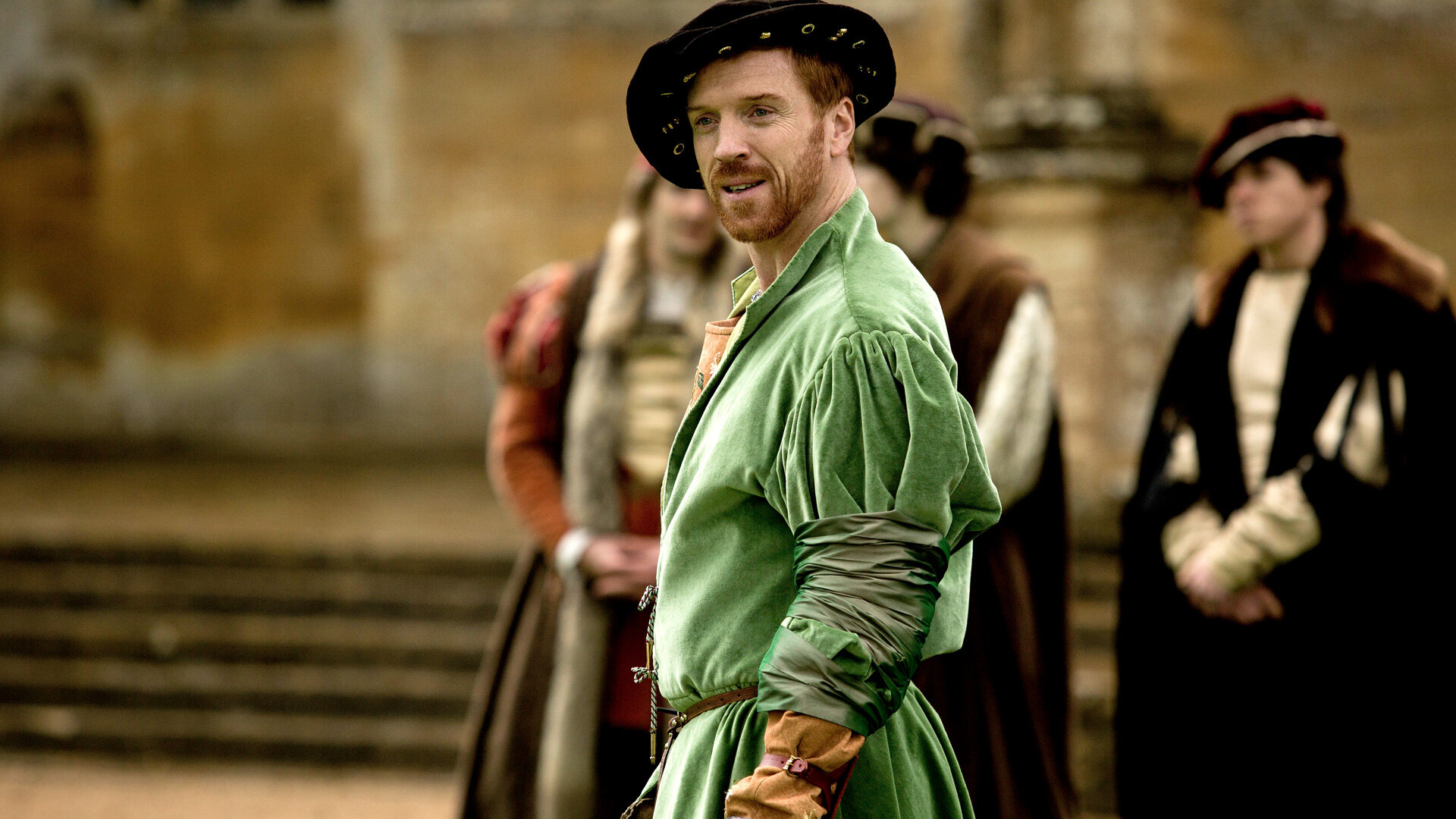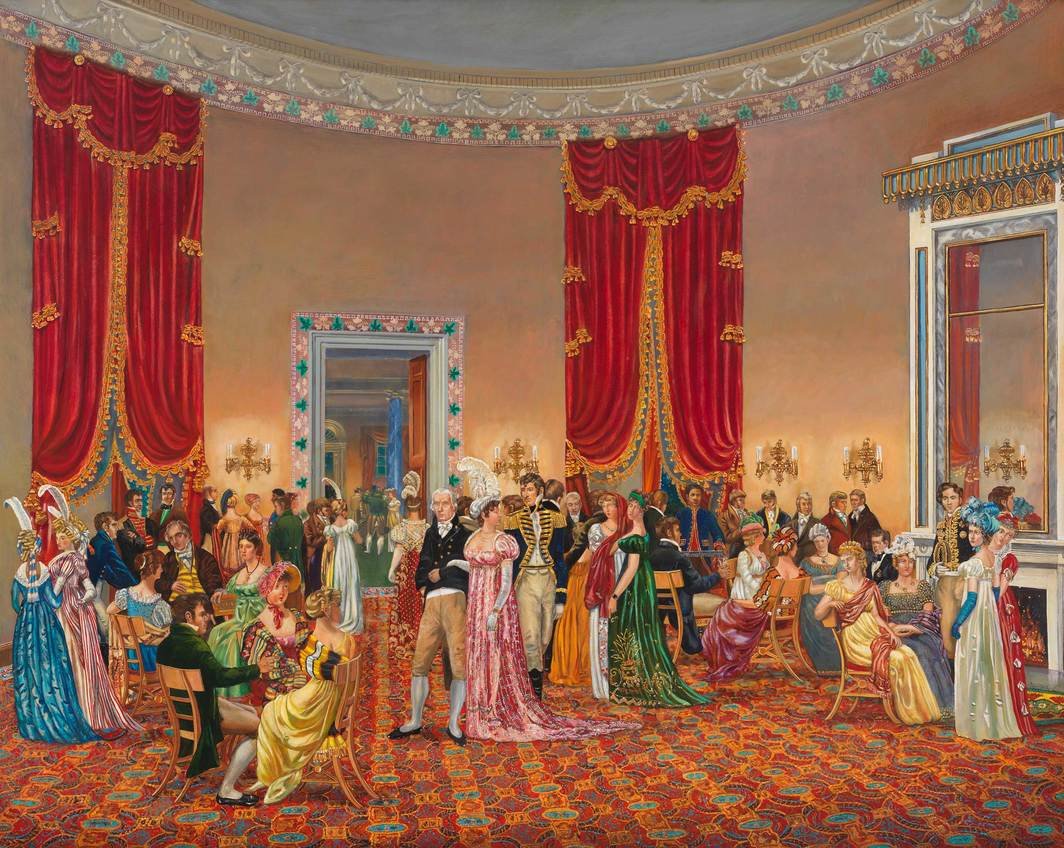Topics in History: The Amazing Political Life of Otto von Bismarck
Otto Eduard Leopold, Prince of Bismarck, Duke of Lauenburg—or, as some refer to him, Otto Von Bismarck—boasts a name that echoes in the annals of history. A man who was by all means larger than life and who single-handedly influenced and shaped the way Europe would develop even after his death, Otto was born in Schönhausen, Prussia, on April 1st 1815. Otto wouldn’t truly truly enter the spotlight until he was in his 30s, but what he accomplished between that time and his death in 1898 would forever change the European landscape.
During his life, Bismarck took on many titles and jobs. From simple foot soldier in the Prussian army, to Major-General of the same army, to lawyer, to diplomat, to elected representative, to Minister of Foreign affairs, to Chancellor of the North German Confederation. The skills he picked up in each position he worked would carry on to the next. He was a practical man and a charismatic one, too. He knew how to play the political game and would waste no time or expense in the effort to accomplish what he wanted. And what he ultimately wanted was a united Germany.
“There is, in political geography, no Germany proper to speak of. There are Kingdoms and Grand Duchies, and Duchies and Principalities, inhabited by Germans, and each separately ruled by an independent sovereign with all the machinery of State. Yet there is a natural undercurrent tending to a national feeling and toward a union of the Germans into one great nation, ruled by one common head as a national unit.”
Bismarck had a vision. At the time, Germany was split into dozens of minor states, all loosely connected by confederations and treaties. The Holy Roman Empire, which had made up most of Central Europe, had been dismantled in 1806. And the landscape of Europe was one filled with complicated boundaries, confusing borders, and a population of people who considered themselves German but had no true nation to call their own. In the west sat France, home of the French. And in the east sat Russia, land of the Russians. Bismarck saw this as a sad disparity, and in the end, made it his life goal to oversee the formation of a German homeland.
How he would go about accomplishing this was the work of a genius. Otto von Bismarck was a sly negotiator, a charismatic man who had a knack for building alliances and relationships with his contemporaries. And at the same time, he was a cold-hearted general, a man who, when placed in charge of an army, would almost always see victory, no matter the odds. With a silver tongue, he convinced the varied German duchies and kingdoms to concede to Prussian rule. And when they wouldn't peacefully bend the knee, the might of the Prussian military, a force to be reckoned with, would descend upon the holdout, easily knocking aside whatever military the minor nation states could field.
Bismarck would oversee the Second Schleswig war in 1864, in which Prussians and Austrians marched together against Denmark in an effort to keep the duchies of Schleswig, Holstein, and Lauenburg in German-speaking hands. Two years later, the two former allies would be at each other's throats as the Austro-Prussian War broke out over disputes over who should properly administrate the land that has just been jointly conquered. What followed was a conflict that affected almost all of central Europe, with Italy and the Principality of Romania even throwing their hats into the ring on Prussia's side. While Austria had for a long time exerted its influence over Central Europe, Prussia was ready to usurp the Austrian throne as the central European power. The armies were essentially matched in size, but as the Italians entered the war, things tipped amazingly in Prussia's favor. The Austrian Empire faced a brutal defeat at the hands of their northern neighbors, and Otto von Bismarck used this moment to reinforce the bond that many of the northern German states had developed over the course of the measly two-month war. As part of the peace accords, the loose federation of states that had joined Prussia in the conflict were dismantled, and in their place arose the North German Confederation.
For the first time in history, the German people at large had a place to call home. The Austrian Empire in the south had a distinct cultural identity, and was by and large a multicultural nation that didn't adhere to any one culture, religion, or language. But now with the formation of the North German Confederation, the idea of a true German nation seemed to be a reality. But before anyone could rejoice, the new country would have its trial by fire.
For years, France had made no secret of its distrust of the Germans—and the sudden rise of a unified power in central Europe rightfully turned quite a few heads. Suddenly, the French empire found itself living next-door not just a collection of minor states but to a powerful, unified kingdom. Tensions quickly escalated between the new Confederation and the French empire, but this was the perfect time for Bismarck to put his diplomatic abilities to work. Bismarck realized that adversity was something that could bring people together, and if he truly wanted the Germany nation to last, he'd have to show the Germans, who were still adjusting to unified rule, that they could not only work together to beat an intimidating foe but that they could come out of the fight stronger than when they entered it.
In 1870, the German prince Leopold of house Hohenzollern was offered the Spanish throne. (The nation had become kingless in 1868 during a revolution.) France, not wanting the Germans of the upstart state to gain any more influence, attempted to pressure Leopold into not accepting the offer. While Leopold agreed not to assume the Spanish throne, that concession wasnot enough for the French. So on the early morning of July 13, 1870, when the Prussian King William the First was walking through the Kurpark in the town of Ems, hr was stopped by the French ambassador to Prussia, Vincent Benedetti. The two had a rather casual, polite meeting in which Benedetti presented a French demand that the King prohibit any Hohenzollern prince from attempting to ascend to the Spanish throne. The king declined in a kind manner, and the two men carried on their separate ways.
“Bismarck asked the king if he would be allowed to publish an account of the events and was given permission. What followed next was Bismarck’s slyest maneuver yet.”
After the meeting, Heinrich Abeken, King William's secretary, wrote an account of the meeting which was then passed on to Otto von Bismarck in Berlin. Bismarck asked the king if he would be allowed to publish an account of the events and was given permission. What followed next was Bismarck's slyest maneuver yet.
Bismarck carefully edited the Ems account, changing the language used by both men and generally bending the events oh-so-carefully to ignite further conflict between the two nations. The new, edited account was published as the Ems Dispatch and succeeded in outraging both French and Germans as they read about the diplomatic faux pas that had occurred.
"After the news of the renunciation of the Prince von Hohenzollern had been communicated to the Imperial French government by the Royal Spanish government, the French Ambassador in Ems made a further demand on His Majesty the King that he should authorize him to telegraph to Paris that His Majesty the King undertook for all time never again to give his assent should the Hohenzollerns once more take up their candidature.
His Majesty the King thereupon refused to receive the Ambassador again and had the latter informed by the Adjutant of the day that His Majesty had no further communication to make to the Ambassador."
-The Ems Dispatch as published by Otto von Bismarck
The French interpreted the dispatch as the Prussian King outright disrespecting the ambassador, being short and generally unprofessional with him. As for the Germans, they were enraged that the French should make any sort of demand at all. Who exactly did they think they were, coming up to the Prussian king in such a way and making such brazen demands?
The utter confusion and distrust led to a mobilization of the French army. Such supposed disrespect could only be apologized for with blood, and the Franco-Prussian war broke out—and the remaining minor German states rushed to the aid of the Northern Confederation, just as Bismarck had planned.
In the end, France was defeated by the unified German states, and the French Empire fell, to be replaced by the Third French Republic. The victorious Northern Confederation gladly snatched up the land of Alsace-Lorraine, strengthening its borders against France. The war had only lasted nine months, but it had the desired effect: A sort of camaraderie had been born in the German lands, and Bismarck acted quickly as the war came to a close, hoping to ensure German unification. All that remained was to integration the southern German states which had so gladly answered the call to war against the French, and it didn't take much to bring them into the fold in the post-victory afterglow. Wilhelm the First of Prussia was crowned Kaiser (German for emperor) of Germany on January 18, 1871 in the Hall of Mirrors in the Chateau of Vesailles. In just over eight years, Bismarck had seemingly transformed the scattered German landscape into a single state, a powerhouse in Central Europe that could stand shoulder to shoulder with the numerous great powers that surrounded it.
Alas, things would not remain that way for long. Bismarck spent the rest of his career cultivating a careful political balance in Europe, forging bonds with Austria, Italy, Russia, and Britain, and even mending wounds with France. With Germany unified, he wanted to see a time of peace for his people, but in 1888, Wilhelm of Germany died, ceding the throne to his son Friedrich III. Friedrich was suffering from incurable throat cancer and died after only holding the throne for 99 days. Wilhelm II then ascended to the throne, and this would mark the beginning of the end for the still-budding German Kaiserreich. Bismarck was 16 years older than Friedrich, and the aging statesman never thought he'd live to see Wilhelm the II take the throne. As such, he hadn't developed much of a plan when it came to dealing with the young Emperor, and as it turns out, the Emperor wasn't very interested in dealing with Otto either. He saw Bismarck's careful balance of power to be pointless and cared little for maintaining good relations with his European neighbors. The two men butted heads on more than one occasion, and in 1890, at nearly 75 years of age, Bismarck resigned from his position of chancellor at the request of Wilhelm II.
“One of the last things he told the Kaiser was this; “One day, the great European War will come out of some damned foolish thing in the Balkans.”
Thus ended Bismarck's grand career as the great unifier of Germany. He would die just eight years later, in 1898, 16years before the outbreak of World War I. Already though, he could see the deterioration of his work as Kaiser Wilhelm II dismantled the carefully woven diplomatic ties he had formed in the later years of his life. In December of 1897, Bismarck met with Wilhelm II for the last time. One of the last things he told the Kaiser was this; "One day, the great European War will come out of some damned foolish thing in the Balkans.”
If only Bismarck knew just how right he was.
Recommended Reading
Bismarck: A Life by Jonathan Steinberg
A larger-than-life biography of a larger-than-life man, this history of Iron Chancellor is deeply researched, hard-core history and incredibly readable—not an easy combination to pull off.
Great Leaders, Great Tyrants?: Contemporary Views of World Rulers Who Made History by Arnold Blumberg
One of the first chapters in this thoughtful history resource takes a thorough look at Bismarck’s political achievements. (This is a nice title for your history bookshelf: Among the other 51 leaders profiled are Napoleon I, Akhenaton, Mikhail Gorbachev, and Oliver Cromwell.)
KANE TAYLOR is home/school/life's Tech Talk columnist and an avid history buff.


















